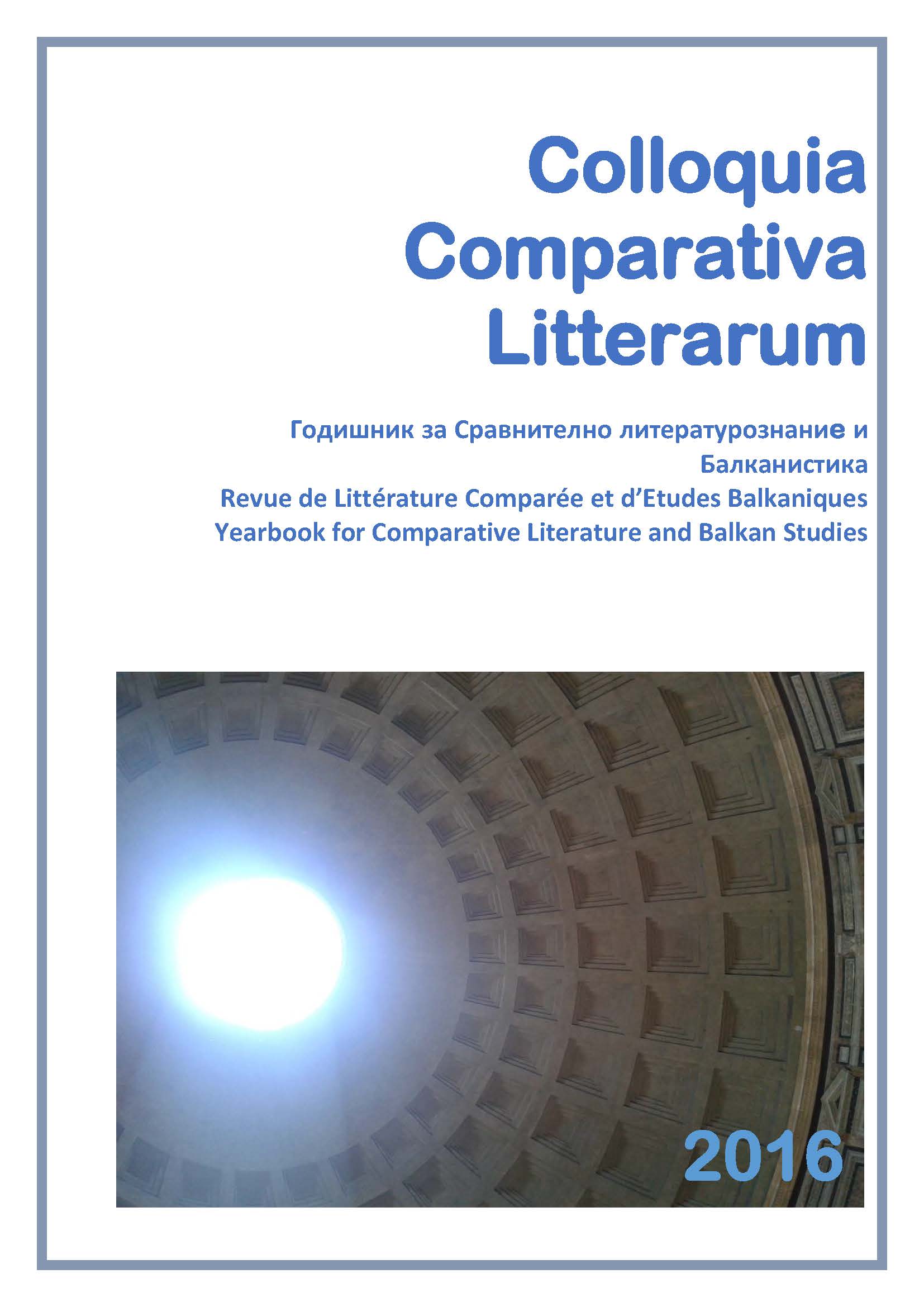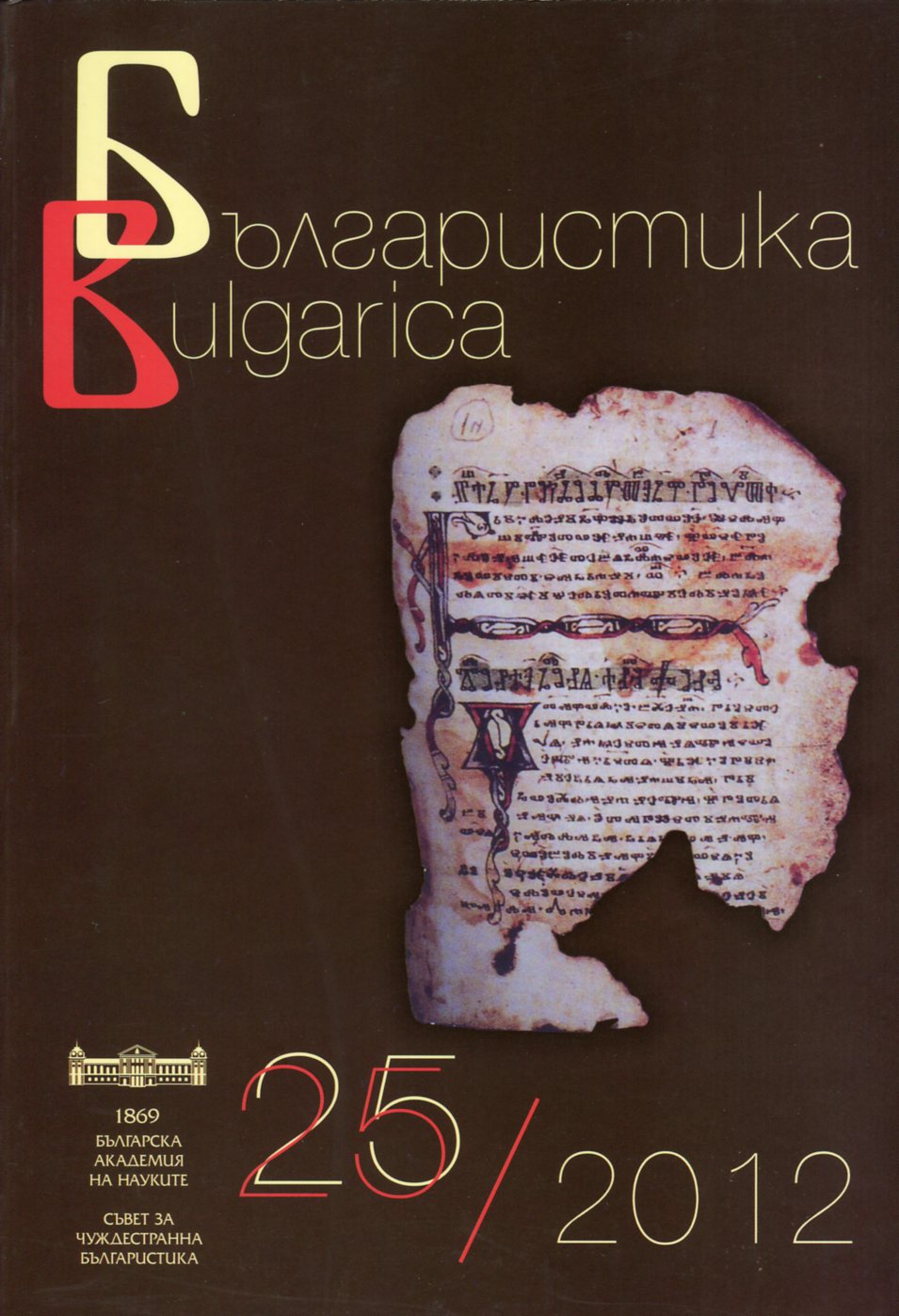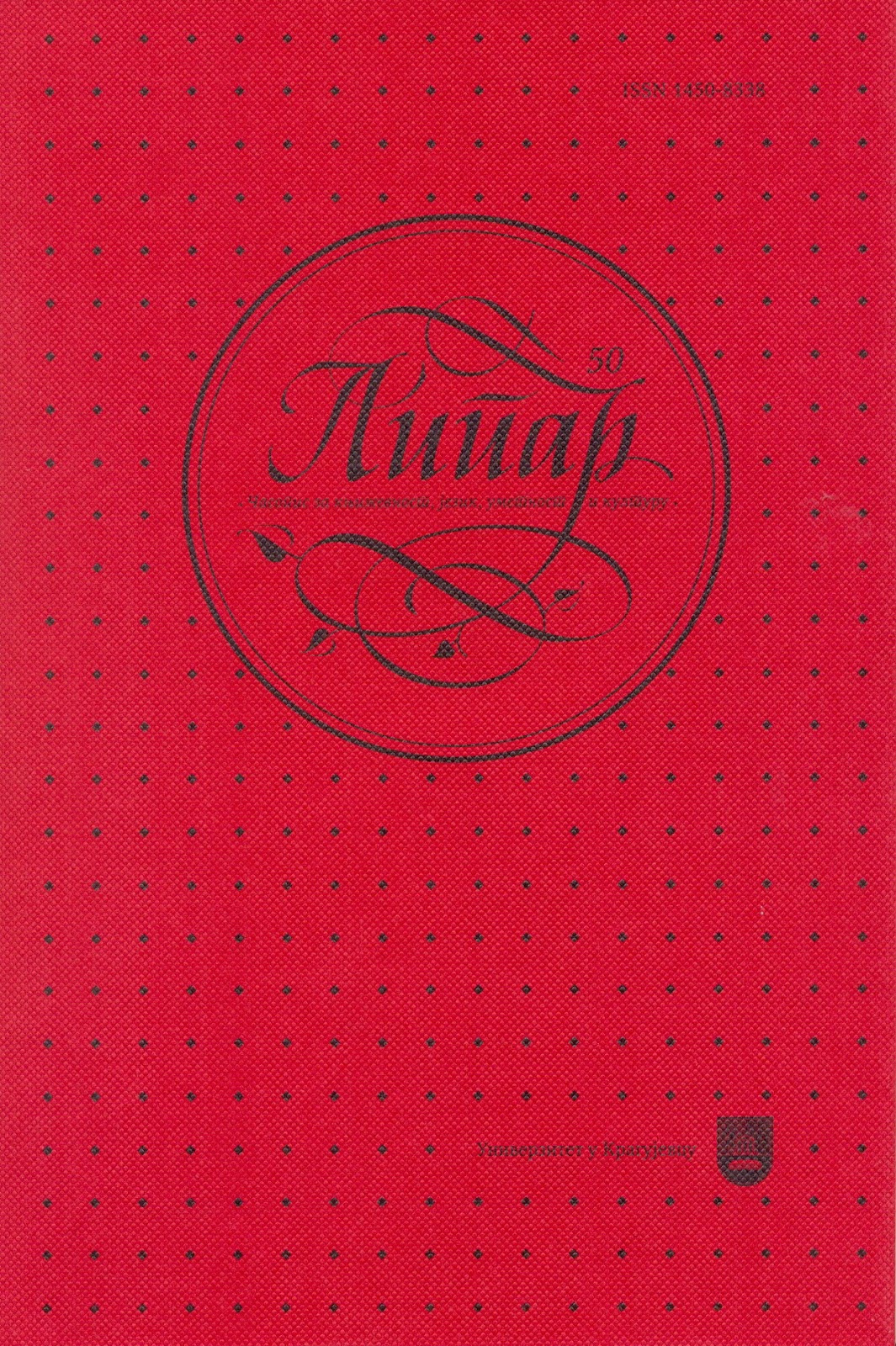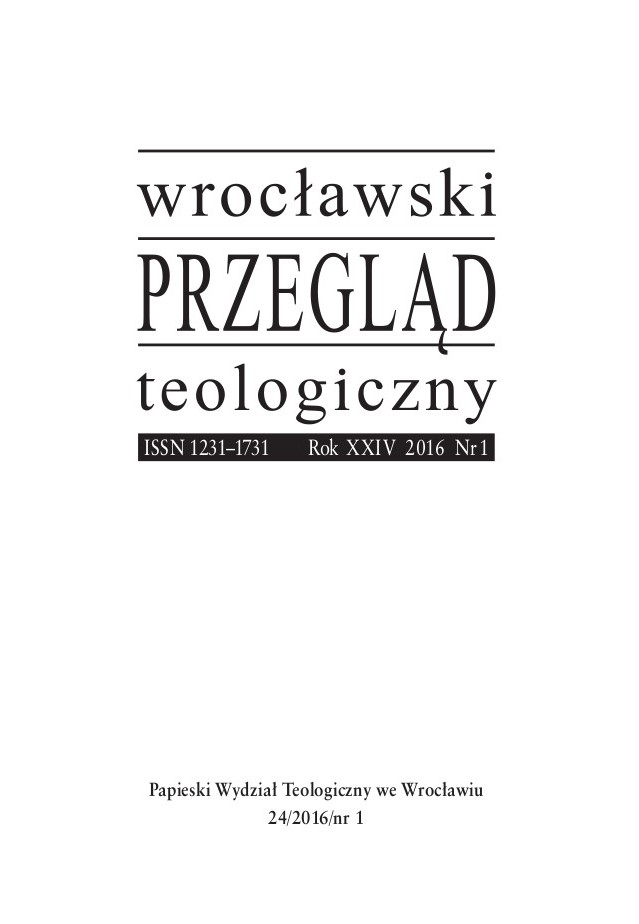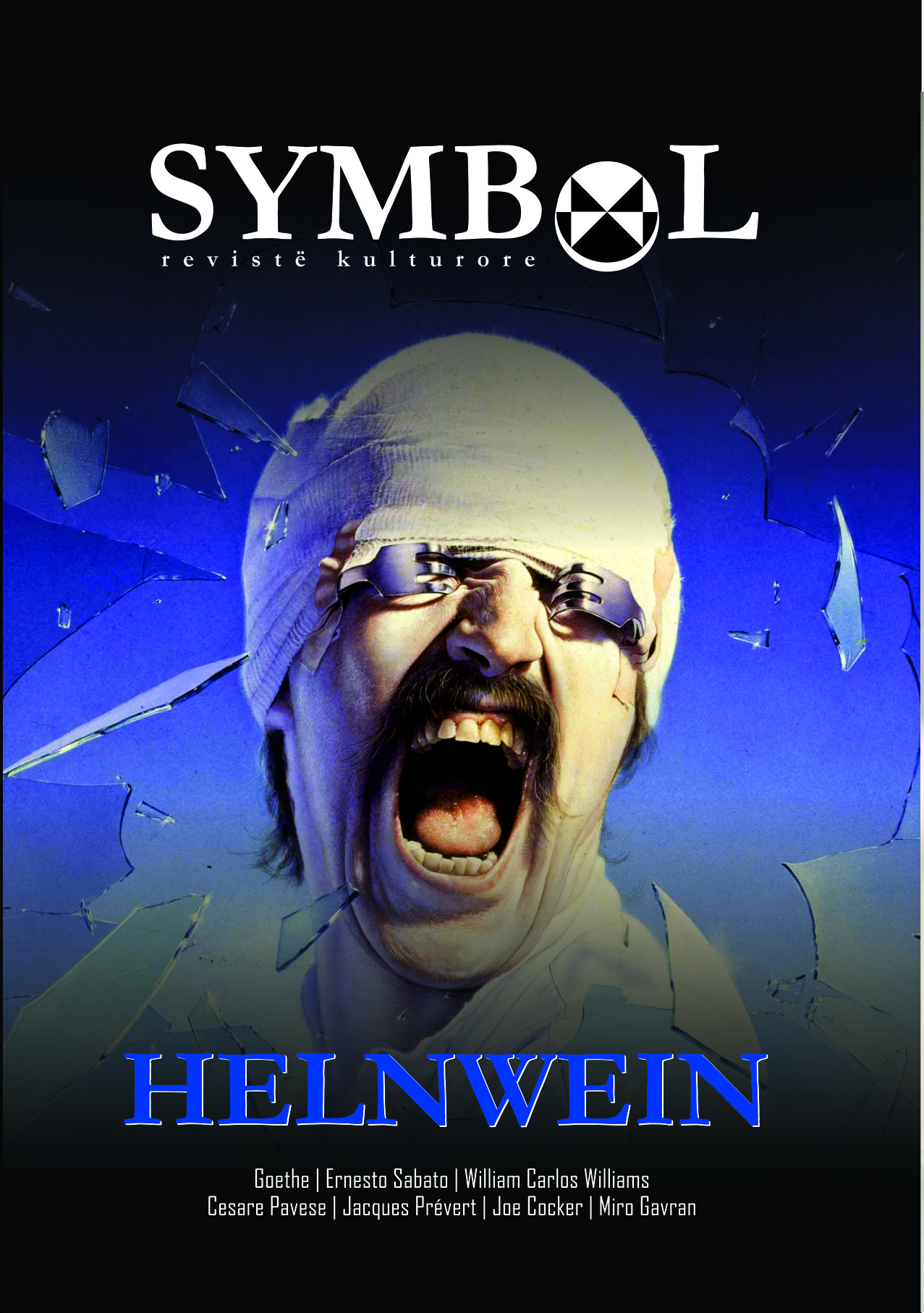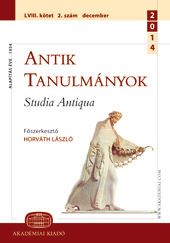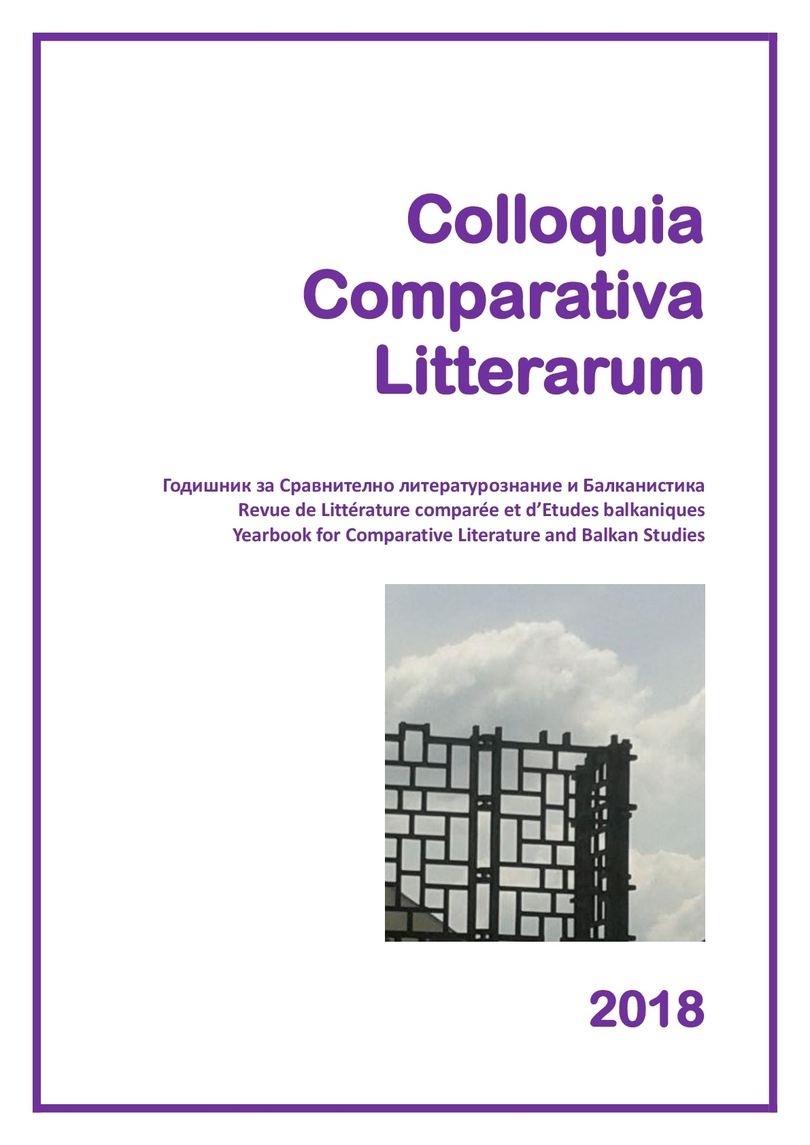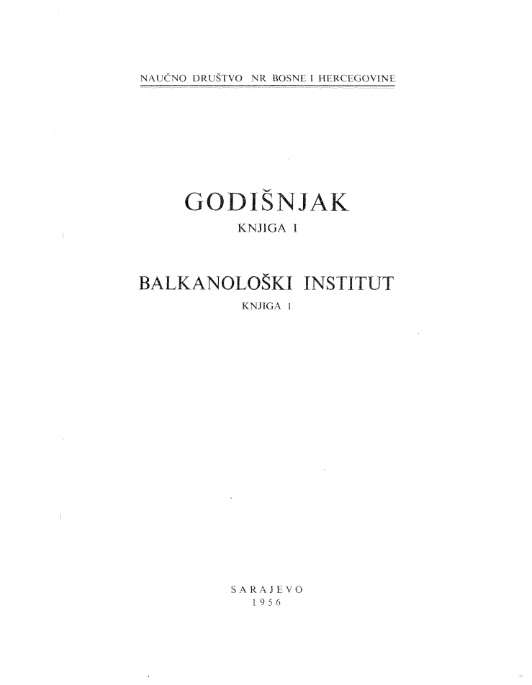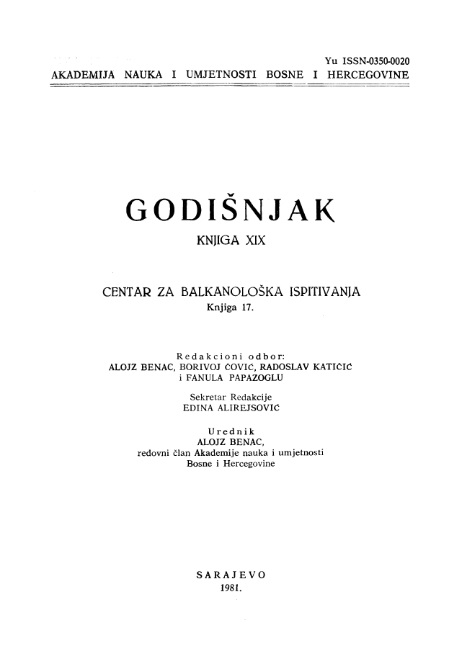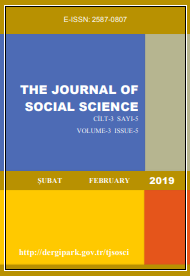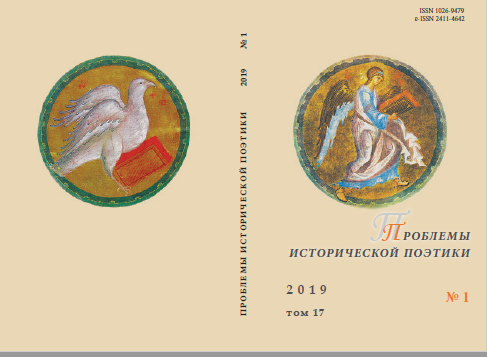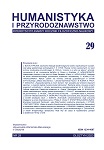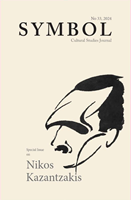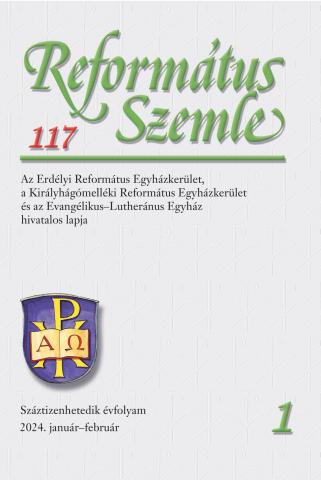Author(s): Mihailo D. Petruševski / Language(s): Serbian
Issue: 19/1981
Il est depuis longtemps connu que la langue des poèmes homériques, ainsi que des autres chansons épiques de l'ancienne Grèce, est un mélange de dialectes. Les Grecs eux-mêmes ont posé le problème des rapports entre la langue épique et les différents dialectes et parlers helléniques. La division tripartite des dialectes grecs en éolien, ionien et dorien était déjà connue à l'époque classique et elle était valable jusqu’ à la deuxième moitié du XIXe siècle. C’était la première étape des recherches sur la langue homérique. La deuxième étape commence après la publication des inscriptions arcadiennes et cypriotes (en 1884 parut le Ier tome de la »Sammlung der griechischen Dialekt-Inschriften« contenant les inscriptions cypriotes publiées par W. Decckeetles inscriptions arcadiennes publiées par F. Bechtel). A. Fick était le premier qui avait observé la présence de certains mots cypriotes dans l'épopée, comme Cette deuxième étape durait jusqu’ au déchiffrement du linéaire B en 1952—1953. La troisième étape des recherches et des études homériques commença par la publication de la célèbre »Evidence ...« de M. Ventriset J. Chadwick. Elle dure jusqu’ à nos jours. La langue des poèmes homériques et le dialecte grec de l’époque mycénienne avaient pendant la formation de l’Iliade et de l’Odyssée beaucoup plus de traits communs en appartenant à une communauté archaïque qui pouvait être nommée achéenne et qui était rompue par l’invasion et la pénétration doriennes au début du XIIe siècle av. n. è. Il faut pourtant avouer qu’il y ait, même, de différences évidentes dans le texte d’Homère provenant non seulement de l'intervention des aèdes et rapsodes, c'-à-d, des adaptations du texte d’Homère, le soi-disant »métacharacterismos« et les »rédactions « — éolienne, ionienne et attique, mais aussi du fait qu’à partir de la fin de l’époque mycénienne jusqu’ à l’apparition des chansons d’Homère ont pu passer deux ou trois siècles. Pendant cette période pouvaient apparaître certaines différences phonétiques, morphologiques et lexicales dans le développement intérieur du dialecte achéen, c’.-à-d. sans influence extérieure. Le développement de la langue a provoqué la disparition de plusieurs traits archaïques du grec mycénien; les labio-vélaires ont, p. ex., complètement disparu, c’.-à-d. elles étaient transformées en labiales, et, partiellement, en dentales. M’est-il pas tout à fait naturel d'attendre que les palatales, anciennes et nouvelles, disparaissent, c’.-à-d. qu'elles se transforment tout d'abord en affriquées et plus tard en sifflantes »fortes«. Le même processus s’est probablement passé dans le développent et les différences dans la morphologie et le cadre du dictionnaire. La plupart de ces changements dans la langue des anciens Achéens et des autres Grecs se sont passés très souvent parallèlement avec le développement des rapports économiques et sociaux des anciens Hellènes.
More...
